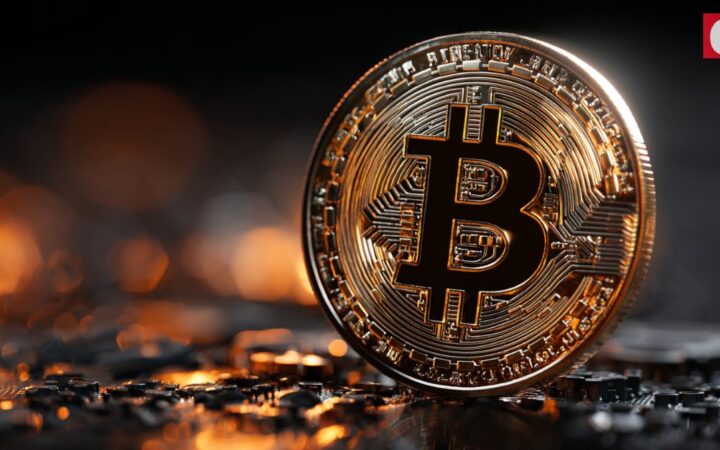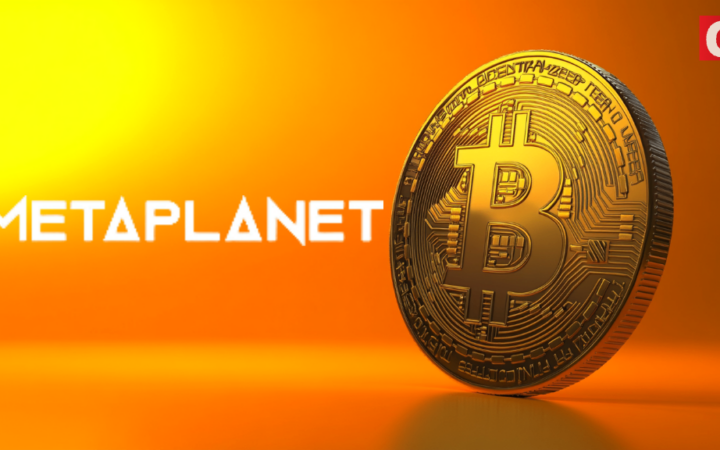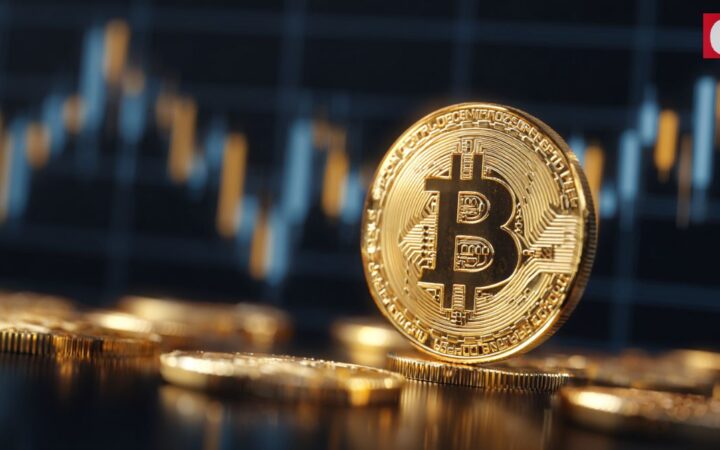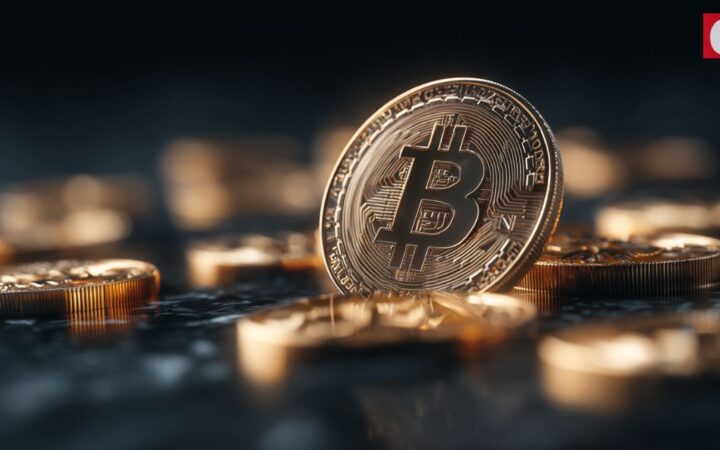Businesses who have completed an Initial Coin Offering (ICO) or Token Generation Event (TGE) must weigh carefully the decision of when to convert cryptocurrencies — which they are now accepting back as a form of payment for goods and services — into fiat currency. As it currently stands, the costs of running a business necessitates the use of fiat money to pay bills. But there are several considerations that must be made in order to maximize the value of cryptocurrencies when liquidating them.
Consider Taxation
Utility tokens are considered revenue, which means that as soon as they are converted to fiat currency, that sum becomes taxable at the end of the fiscal year. This new cost has different implications for different individuals and operations, depending largely on their motive for dealing in cryptocurrencies. When management is deciding what portion of their cryptocurrency stores to convert to fiat money, they must be aware that the larger the portion they convert, the greater the corporation’s tax burden for the year will be.
Shrewd market players will factor in the peaks and troughs of the market to decide when the right time to make the switch is. Perhaps the owner of a large store of tokens believes that the market’s value will drop significantly enough to minimize the relative tax payment, and decides to convert a large portion of the tokens to mitigate the burden to the greatest extent. Or they may simply decide to convert as necessary, limiting the cost of the tax payment by converting only the minimum amount required to pay bills or cover other costs.
These conditions may soon change, however. Some nations have already chosen to count cryptocurrency revenue as a taxable entity, regardless of whether it has been converted or not. If more countries follow suit, decisions revolving around the tax-related implications of converting a token to fiat money will become less significant.
Market Volatility
How token holders considering conversion to fiat currency view fluctuations in the cryptocurrency markets is a key indicator of how they will ultimately go about exchanging their tokens for fiat.
Whether a company is seeking to mete out their tax burden, or is simply timing a conversion to take advantage of what they see as a market peak, applying their understanding of the markets when deciding when and how to convert tokens to fiat currency is critical to maximizing the value of their tokens.
It’s pretty simple: if somebody believes that the market is likely to rise in the near and/or long-term future, they are less likely to convert any portion of their tokens other than what is absolutely necessary. However, if they believe that the market is in for a serious dip, they will be more likely to liquidate as much as they can, maximizing their returns and perhaps buying back in on the dip — or not. Some companies may be more comfortable with a more equitable split of fiat and cryptocurrencies to ensure that they are protected from any significant downward swing in the crypto markets.
These market swings are substantial indicators of how a company heavily leveraged in cryptocurrencies makes out. Those with the means should consult an array of crypto market experts who can advise a strategy based on timely trends, legislative and other relevant developments, and well-founded projections.
These two factors — market conditions and the burden of tax-related costs stemming from conversion — constitute two of the lesser-considered determinants of when it is wise or unwise to convert crypto to fiat currency. Depending on the state of the markets, your company’s balance sheet, and perhaps a bit of gut instinct, these factors should help inform decisions regarding how much of your crypto stores to convert, and when to convert them.
Disclaimer: Coinspeaker is committed to providing unbiased and transparent reporting. This article aims to deliver accurate and timely information but should not be taken as financial or investment advice. Since market conditions can change rapidly, we encourage you to verify information on your own and consult with a professional before making any decisions based on this content.






